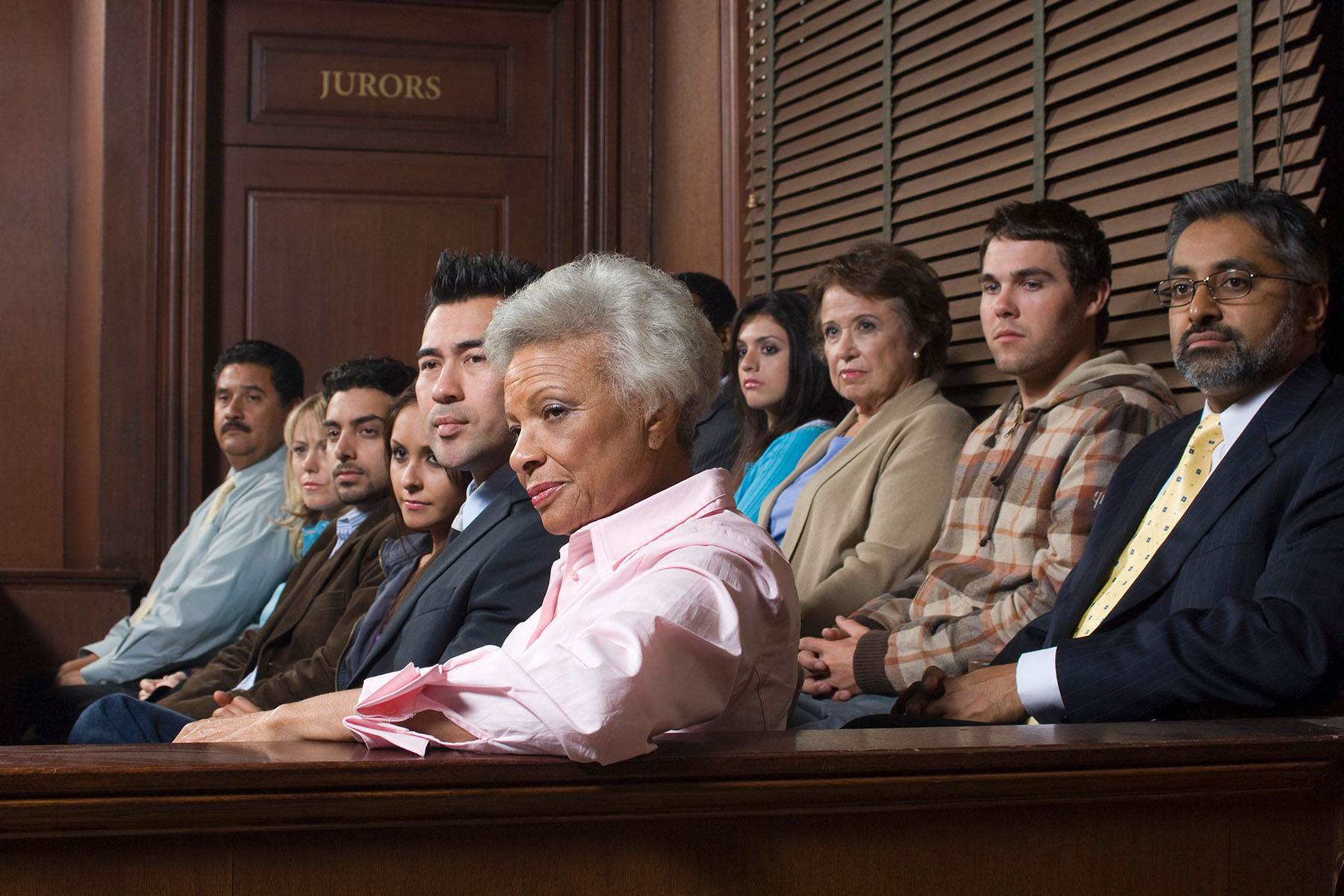Recent events in Ferguson , Missouri and New York have brought the role of the grand jury into the national spotlight. Many are questioning not just the necessity of what some see as an antiquated system, but also the basic function of the grand jury. What is a grand jury? How is it different from the more widely known trial jury? Are there any special privileges afforded to a grand jury? These questions are often asked by those facing criminal charges in Galveston.
Basic Information
As a starting point, it is important to understand that there are two main classifications of juries in our judicial system: grand juries and trial juries. The grand jury is named as such due to the fact that it is has a greater number of jurors than a typical trial jury. A grand jury is composed of 12 grand jurors, while a trial jury is composed of either 6 or 12 jurors depending if the charge is felony or misdemeanor.
The Purpose of Grand and Trial Juries

The biggest difference between a trial jury and a grand jury is their underlying functions. A trial jury is typically public, and is convened to decide whether a party is guilty of the charges being made against it.
A grand jury (which is closed to the public) is called to determine whether there is enough to formally accuse the defending party. This is also known as handing down an indictment.
Grand juries are called to decide if there is enough evidence to bring charges. If a grand jury decides there is enough evidence to proceed they return a “True Bill” which results in an indictment, the case then moves to court proceedings.
Differences in Permitted Evidence
Another big difference between a grand jury and a trial jury is in what kind of evidence is presented.
In a trial jury, the defense and prosecution each make their case before a judge and jury, offering evidence that proves their argument while disproving the argument of their opponent. There are passionate exclamations of “Objection!” by both sides. This is because the Federal Rules of Evidence (FRE) and the Texas Rules of Evidence, which are modeled after the Federal Rules, determine what may and may not be presented to a jury for consideration. Certain evidence, no matter how probative it is (how likely it is to prove or disprove the truth of an issue) may not be presented to a trial jury if it goes against the Texas Rules of Evidence.
In a grand jury, the rules of evidence do not apply. Evidence may be presented to the grand jury regardless of whether or not it violates the rules of evidence, and whether it will be admissible should the case move to a trial jury. Additionally, a grand jury only hears the argument of the prosecution; the defendant and the defendant’s lawyer are not present.
Questions?
Contact Attorney Tad Nelson Today!
Navigating our criminal justice system can be an intimidating process. Everyday the practice of Law gets tougher and tougher as citizens become more conservation and District Attorneys are less confined by ethical boundaries.
If you have questions about an issue relating to criminal proceedings being levied against you, please reach out to the Texas criminal defense attorneys at the Law Office of Tad Nelson & Associates. Our lawyers have years of experience in the criminal justice system and are ready and able to provide legal guidance related to any pending criminal charges.




















